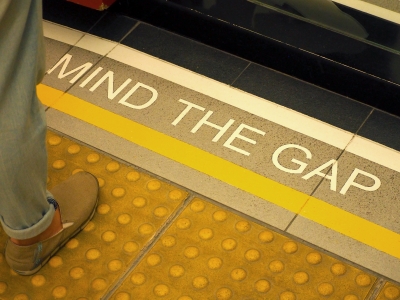The National Economic and Development Authority (NEDA) Board has approved the P355.6-billion Metro Manila Subway Project (MMSP), as well as two other big-ticket infrastructure projects, all part of the administration’s Build Build Build program.
The NEDA Board, chaired by President Rodrigo Duterte, gave its nod September 12 to the MMSP, a project being pushed for early completion by the Department of Transportation (DOTr).
The subway will run from Quirino Highway in Quezon City all the way to the Ninoy Aquino International Airport (NAIA) Complex in Parañaque City. The extension of the subway up to NAIA came with an endorsement earlier this month from the NEDA Investment Coordination Committee (NEDA-ICC).
“The extension will mean greater connectivity and improved passenger comfort and convenience,” DOTr Secretary Arthur Tugade said. “In other countries, you can reach other cities without ever leaving the platform. So we [economic managers] thought, since we’re going to build a subway anyway, why not push to extend it to NAIA? It just makes perfect sense,” he added.
DOTr, together with the Japan International Cooperation Agency (JICA), has scheduled the ground-breaking for MMSP in the fourth quarter of 2018, and is pushing for partial operations in 2022, and full operations by 2025, according to Transport Undersecretary for Railways Cesar Chavez.
“Secretary Tugade has been working closely with JICA in order to expedite the completion of the project and allow the public to enjoy the benefits of a subway system earlier,” Chavez said.
Apart from a world-class design, the subway system will have, just like the subways in Tokyo, water-stop panels and doors, a high-level entrance for flood prevention, an earthquake detection system, and a train stop system.
The country’s first subway system will be financed via official development assistance, with an interest of 0.10% per annum, payable in 40 years, inclusive of a grace period of 12 years.
The signing of the loan commitment by Japan is scheduled in November when Japanese Prime Minister Shinzo Abe meets with Duterte during the ASEAN Summit.
The NEDA Board likewise approved the two big-ticket DOTr infrastructure projects Philippine National Railways South Commuter (Manila-Los Baños) and South Long Haul (Manila-Bicol/Sorsogon/Batangas), which together have a project cost of P299.4 billion.
The South Commuter project is a 72-kilometer mass transportation railway running from Manila to Los Banos, Laguna that is expected to have a daily ridership of over 300,000 in its opening year. It will cut travel time between Manila and Calamba by more than half, reducing it from over two hours today to under one hour once the railway is fully operational.
The South Long Haul, meanwhile, is a 581-kilometer, standard-gauge railway from Manila to Legazpi, Matnog, and Batangas City. The railway will connect cities, international seaports, and economic zones, allowing for faster transportation of passengers and freight.
The PNR South Commuter and South Long Haul projects will be seamlessly integrated with PNR North 1 and PNR North 2. This integrated commuter rail network will distribute growth across the entire Greater Capital Region (NCR and Regions III and IV-A) and through to other regions in Luzon.
Image courtesy of gnepphoto at FreeDigitalPhotos.net






